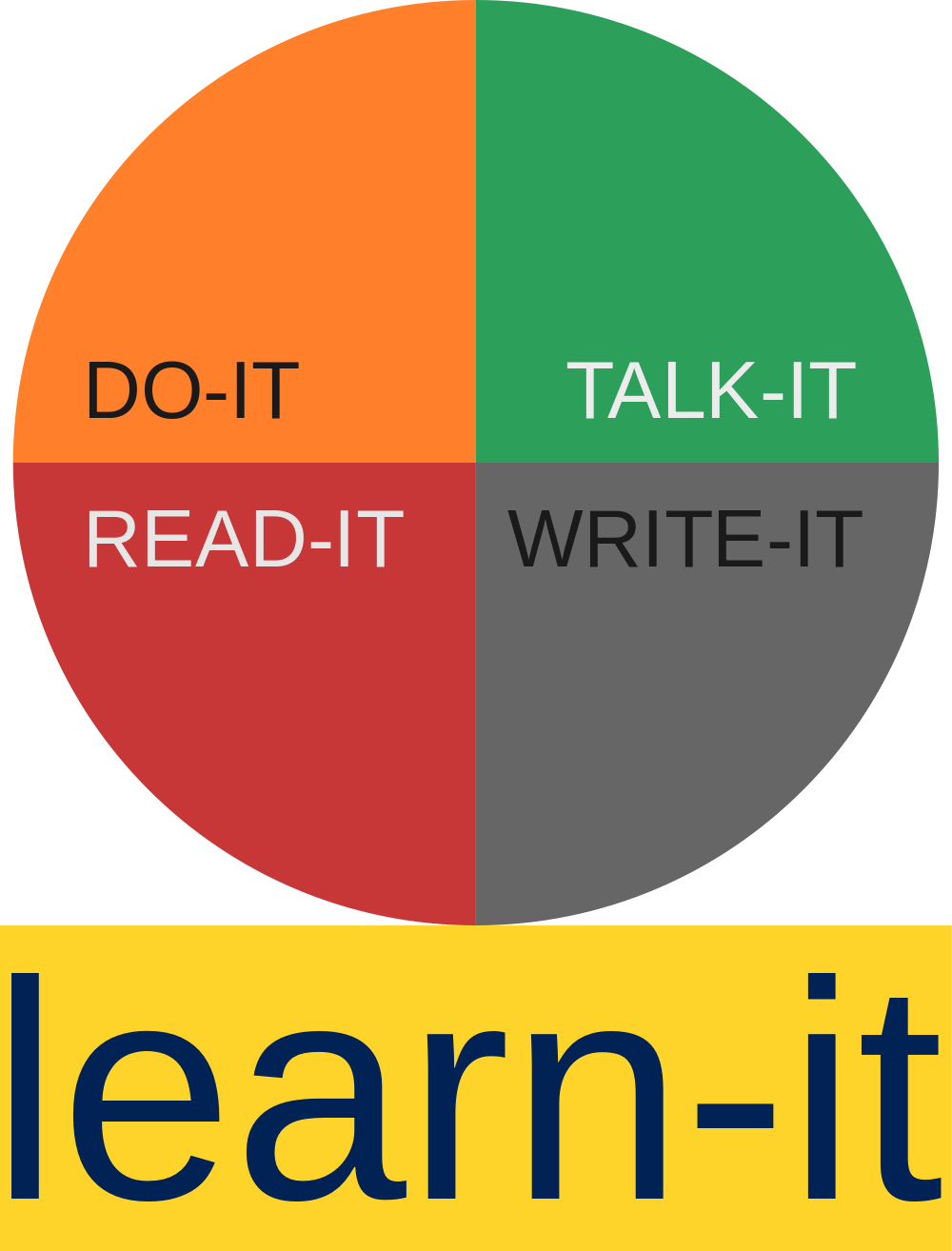
A lot of students across different stages consider mathematics to be some sort of a plague instead of an interesting subject. It’s hard to blame them, not because mathematics is hard, but because of the wrong way it can be presented with. A science that is based on numbers and order is a subject that should be approached delicately and efficiently when it’s being taught to students, especially at the early stages of education.
Calculus is one of the branches of mathematics that a lot of students seem to have trouble with. It’s the branch that deals with the nature of change by using functions like time. The practicality of calculus may not be instantly seen by students if they’re simply bombarded with problems and methods used to solve them. Instead of being seen as an interesting way to understand how certain everyday utilities operate at the deepest and most primal level, it becomes an unapproachable jumble of equations to many students.
We’ve gathered the 3 best tips that can help students who have difficulties solving calculus problems.
Consistency
Once you start getting into calculus, you’ll notice the gradual change of common terms as complicated theorems are introduced. The treatment of concepts like speed and time becomes more sophisticated as you move further into the course. Attending courses is a very effective way to help you cope with the change of these concepts mathematically. Even if you don’t like your teacher or professor who gives you the class, it’s important that you start building your dictionary of calculus vocabulary without interruption or gaps. Missing a class can sometimes cause confusion and snowball into missing more out of frustration.
If mathematics as a whole isn’t among your interest, it’s common for people to start looking for online math help to get them through. Some expert calculus problem solvers can do the trick for you if your schedule is tight. The way an expert approaches and solves a problem can help you understand the critical sequence needed to solve calculus problems.
Teamwork

Calculus comes with an advantage that is rarely found in subjects that require reading and digesting the walls of information. The puzzle nature of calculus problems makes it quite fun to solve and discuss among your colleagues who take the same course. A recent study states that small groups that work together not only have fewer dropout statistics but also better grades.
Every person is different and this becomes an advantage when you’re collecting material and trying to understand new concepts in calculus. Study groups can facilitate the exchange of information in a fulfilling manner that can help you reduce the time it takes to study and solve calculus problems. If you happen to miss an important part in class, you can always rely on a teammate to help you catch up in no time.
Focus on the Process
A lot of students can look at a problem and try their best to solve it in their heads to move on to the next problem after comparing it with the solved answer. A wrong answer can have them try to wiggle and manipulate their way around their solution to finally get it right. Before moving on to the next problem, you need to understand the process that the solved answer followed to reach a conclusion. The time you spend trying to understand the process will be considerably shorter than the time it takes to solve the problem yet very significant in terms of your overall understanding of calculus problems.
If you miss the point of the problem, then you’re in need of understanding how it was solved on a deeper level. The reason why textbooks offer example problems at the end of every section is to help you understand the process involved in their resolution before it challenges you with other problems. You’ll notice that there are problems much harder than the examples given, but that’s not because they introduce any new concepts as much as they test your ability to use the information you’ve learned in an earlier section.
Learning and solving calculus problems doesn’t have to be complicated and filled with anguish. You don’t have to be a mathematical genius to understand the concept that calculus was born to address. You need to understand that calculus prepares you for even more advanced courses that will depend on your understanding of the concepts and theorems introduced by calculus. Try your best to be as patient as possible with yourself when you’re stuck on a calculus problem and approach it calmly as if it was an interesting puzzle.









